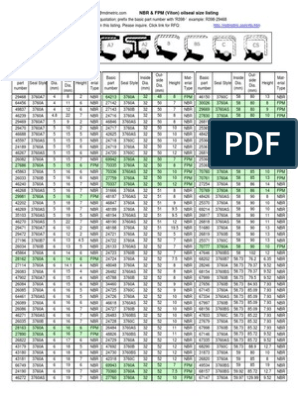0% found this document useful (0 votes)
570 views19 pagesFashion Export Merchandising and EXIM Documentation: Department of Fashion Management Studies
This document discusses time and action calendars (TNAs) in garment manufacturing. A TNA defines the timeline and responsibilities for key activities in an order, like sampling, fabric sourcing, and production. It helps ensure orders are completed on time. The document outlines departments in a garment factory and the production process. It explains that a TNA involves scientifically determining activity durations and dependencies. An effective TNA is an important communication and planning tool that allows progress to be tracked and deviations addressed. Key activities covered in a TNA include sampling, fabric and trim sourcing, and production planning and timelines.
Uploaded by
Rishi KumarCopyright
© © All Rights Reserved
We take content rights seriously. If you suspect this is your content, claim it here.
Available Formats
Download as DOCX, PDF, TXT or read online on Scribd
0% found this document useful (0 votes)
570 views19 pagesFashion Export Merchandising and EXIM Documentation: Department of Fashion Management Studies
This document discusses time and action calendars (TNAs) in garment manufacturing. A TNA defines the timeline and responsibilities for key activities in an order, like sampling, fabric sourcing, and production. It helps ensure orders are completed on time. The document outlines departments in a garment factory and the production process. It explains that a TNA involves scientifically determining activity durations and dependencies. An effective TNA is an important communication and planning tool that allows progress to be tracked and deviations addressed. Key activities covered in a TNA include sampling, fabric and trim sourcing, and production planning and timelines.
Uploaded by
Rishi KumarCopyright
© © All Rights Reserved
We take content rights seriously. If you suspect this is your content, claim it here.
Available Formats
Download as DOCX, PDF, TXT or read online on Scribd
/ 19











































































































